Expert says timing of taxation not ripe until home market conditions stabilize
Property tax, the topic that has sparked countless debates and speculation in the past decade, has again raised eyebrows as China completed building a national and unified system for real estate registration. But industry experts suggest that the establishment of the system does not necessarily mean the introduction of property tax in the near future, especially considering the status quo of the real estate sector.
After 10 years of effort, the country has established a unified registration system that covers all types of immovable property rights, said Wang Guanghua, minister of natural resources, at a national work conference on natural resources and immovable property registration held on April 25.
China's property registration, perfected over the years, has lent better protection to property rights and enabled safer transactions, forming a stronger foundation for the socialist market economy regarding property rights, Wang stated.
However, regardless of the multiple functions of the system, including enhancing real estate transaction efficiency and better protecting property owners' lawful rights, public attention is mostly focused on the unified registration system's potential linkage to property tax.
"A unified real estate registration lays an important foundation for raising property tax, but the taxation may not come immediately, especially considering the current home market that is still in the process of stabilization with insufficient market sentiment and expectations," said Chen Wenjing, director of research with the China Index Academy.
Hui Jianqiang, head of research at Beijing Zhongfang-Yanxie Technology Service Ltd, also said that the timing for such taxation was not ripe.
"It should only be collected during an upward and vibrant property market when the broad economy and people's incomes are on a steady growth path," said Hui.
The unified registration of immovable property has fully realized and will create conditions for the collection of the real estate tax, clarify the basic details of property ownership and define the sources of the real estate tax, said Shaun Brodie, senior director and head of occupier research of China at Cushman &Wakefield, a global real estate services firm.
During the first four months, despite a 24.1 percent year-on-year growth in the average monthly sales volume of newly built housing in the 100 major cities that the China Index Academy monitors, the sales figure has remained low since 2016.
"Since pent-up demand from last year has mostly been digested, income and employment expectation have yet improved, the property market is still under downward pressure in the second quarter," Chen said.
The connection between the registration system and a possible property tax became closer when industrial insiders recalled an article published earlier this year written by former minister of finance Lou Jiwei.
In the article, Lou pointed out that real estate tax is the most suitable type of local tax and the pilot should be launched as soon as possible after economic growth normalizes.
"Although property tax is a necessary part of the long-term housing mechanism establishment and perfection, the registration and rolling out of taxation will be taken step-by-step," said Xie Chen, head of research with CBRE China, a commercial real estate services and investment firm.
According to Xie, the launch of property taxes will help establish a housing system that sticks to the principle of "housing is for living in, not speculation" as well as attach equal importance to renting and home buying. Further, the real estate tax will do good to the overall tax structure optimization for home trading and ownership.
The real estate industry is a pillar industry within China's overall economy and plays an important role in driving economic growth. The universal collection of the real estate tax is an inevitable event, said Brodie.
"When looking to the future, given the differentiated market within China as well as within cities, the level of property tax imposed might need to be tweaked according to the local market conditions," Brodie added.
Shanghai and Chongqing became the only two cities on the Chinese mainland to levy property tax in 2011. In Shanghai, the taxation is only collected for families having a housing area of more than 60 square meters per person, taxed at a rate of 0.4 percent or 0.6 percent of the total property value annually, depending on the apartment's price per square meter.
While in Chongqing, the trial tax is focused more on taming investment speculation in high-end properties, with the rate set between 0.5 percent and 1.2 percent of the property value annually.








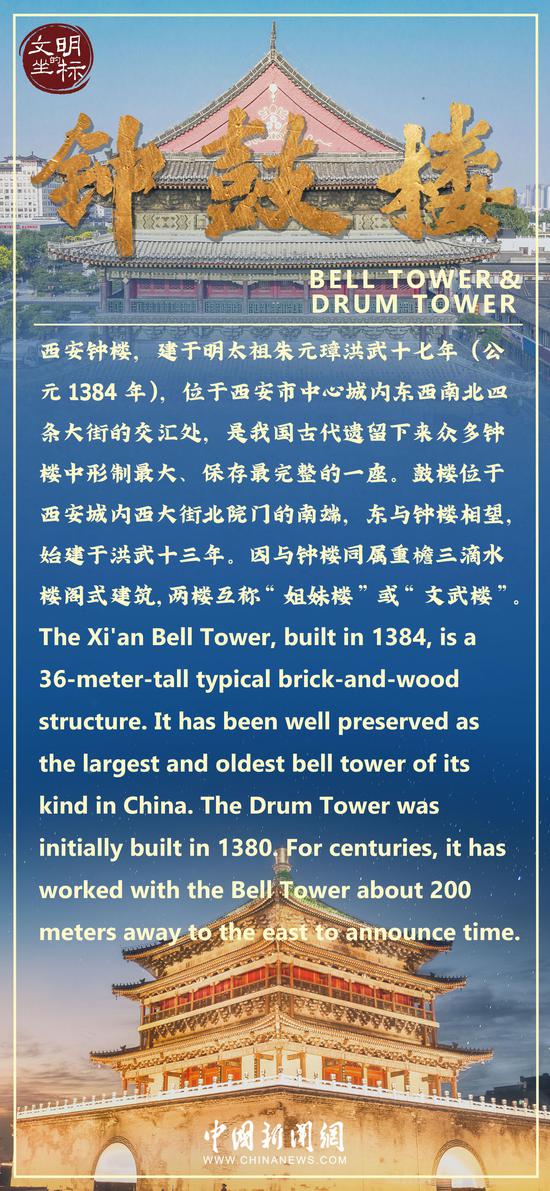




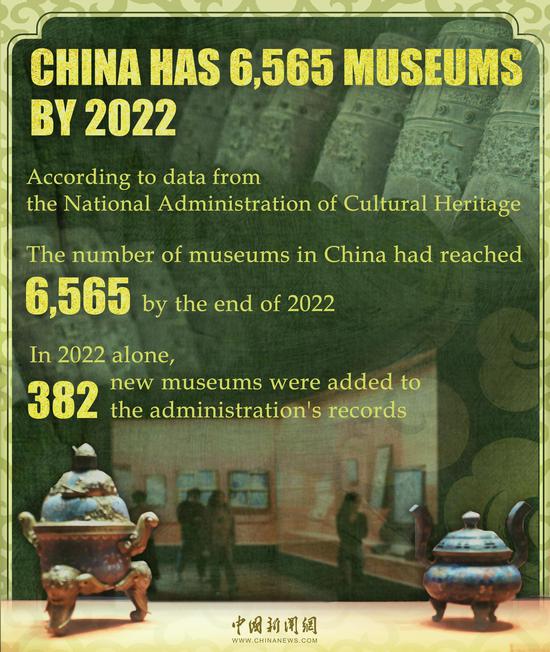
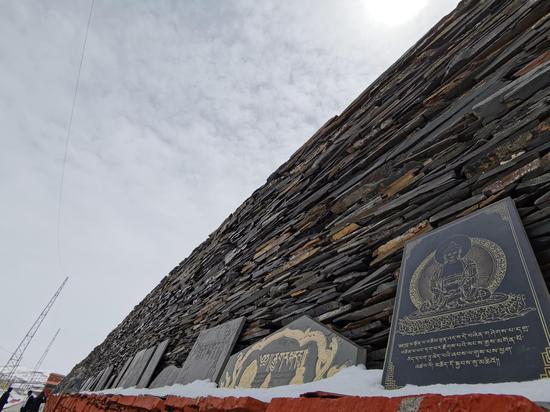

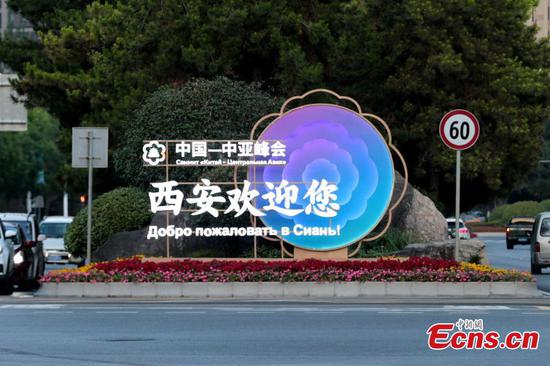




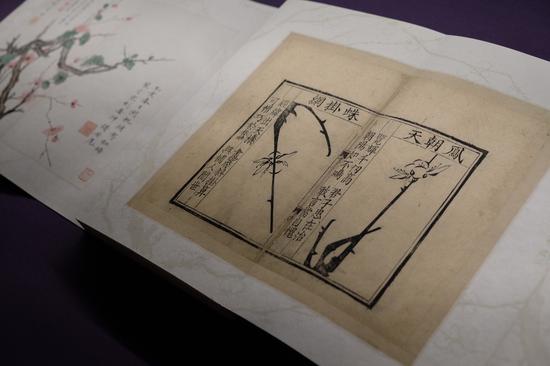
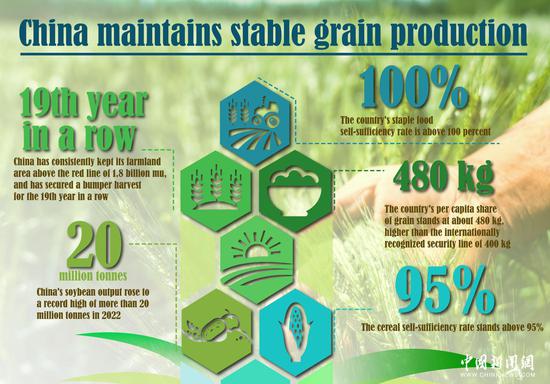
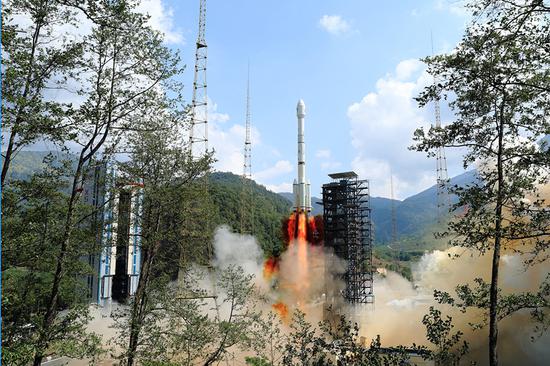


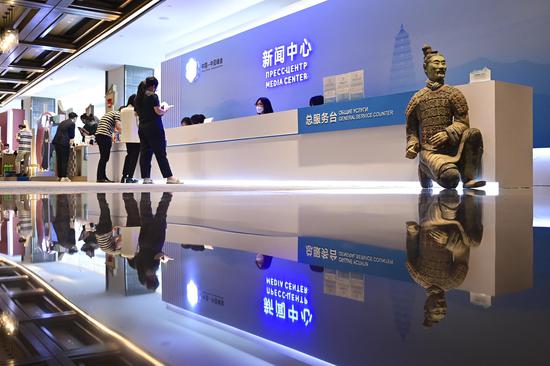





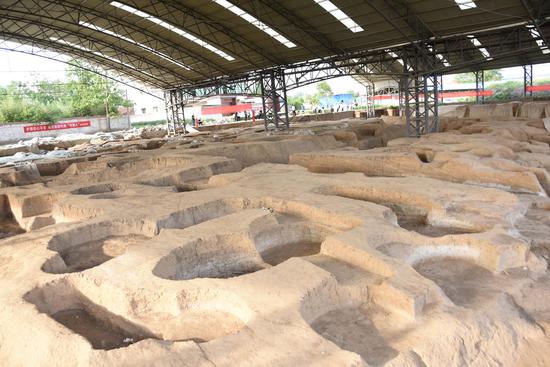

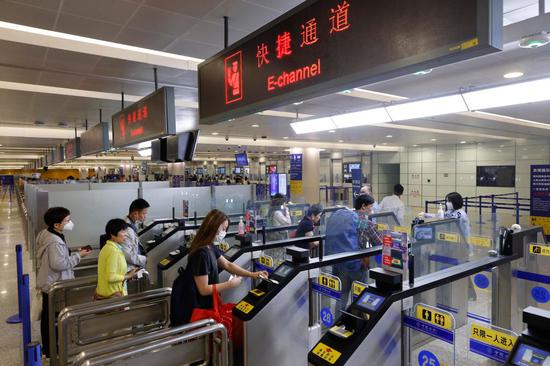


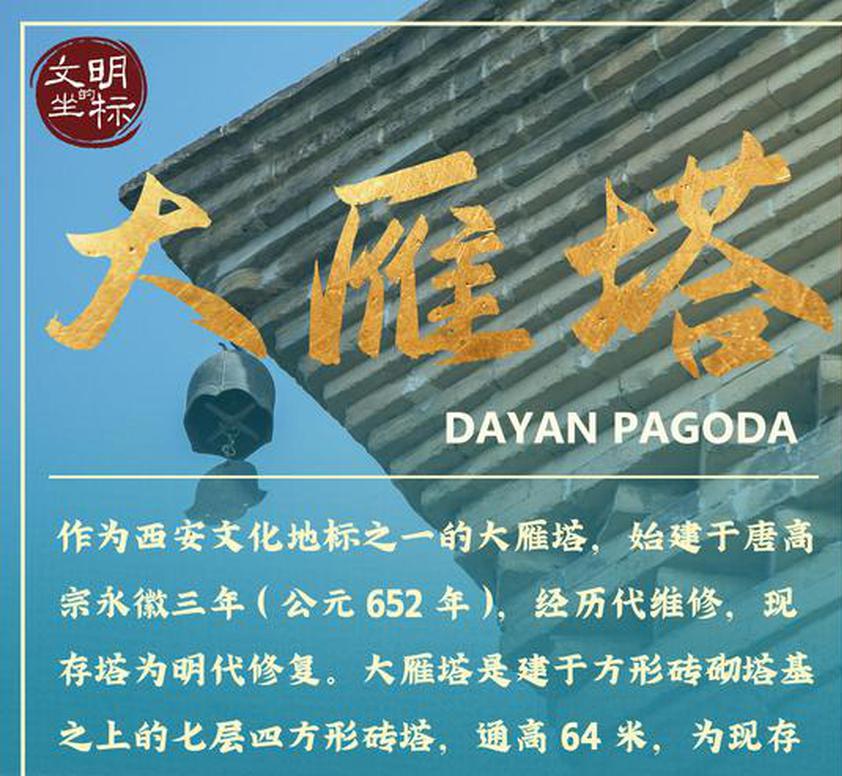
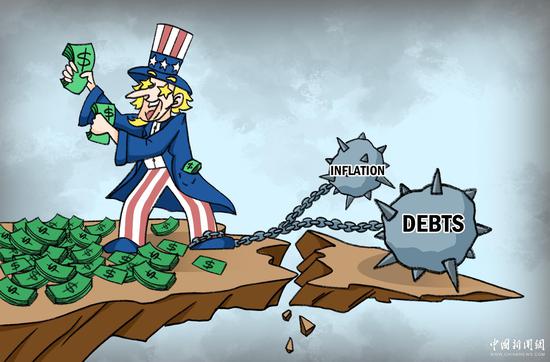
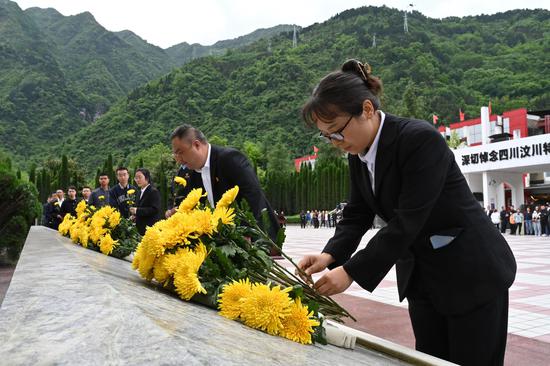
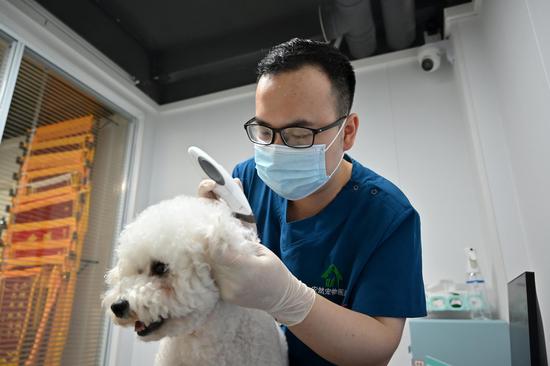


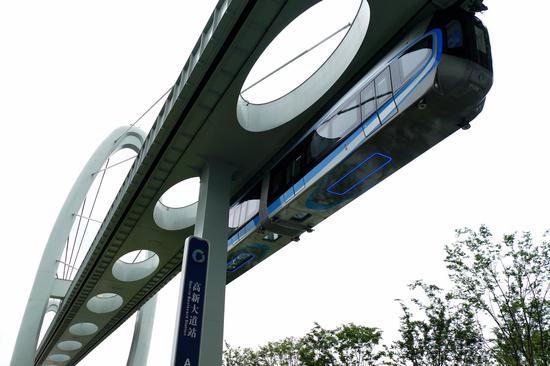






 京公網(wǎng)安備 11010202009201號
京公網(wǎng)安備 11010202009201號